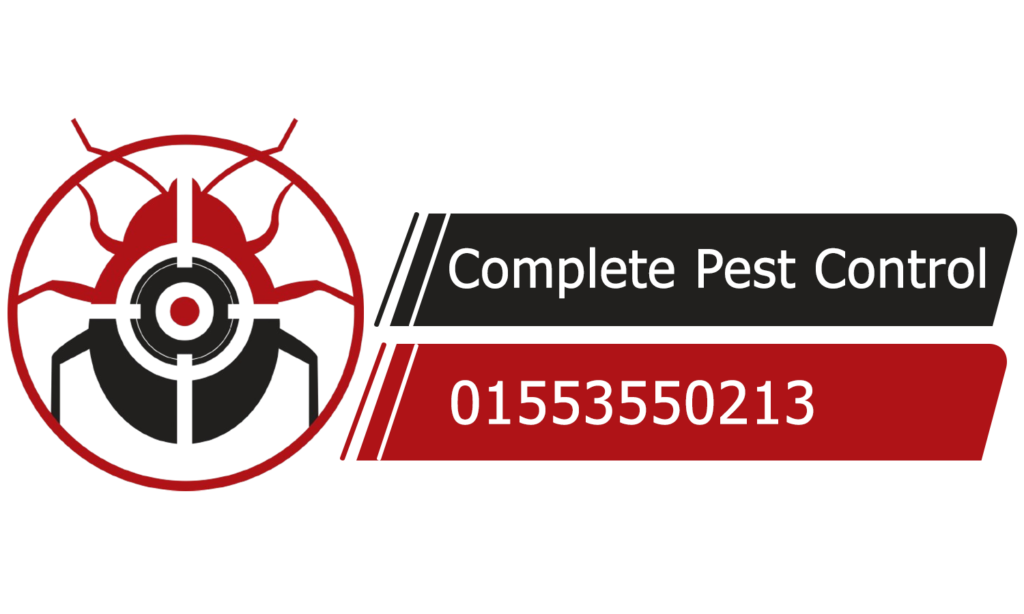Introduction
Mosquitoes are more than a nuisance in Dhaka; they’re a health hazard. With the city’s tropical climate and dense population, controlling these pests is crucial. The rising interest in organic mosquito removal methods highlights a shift towards safer, environmentally friendly solutions. This blog explores whether these green alternatives are effective for Dhaka’s unique challenges while offering practical insights for homeowners, local businesses, and community members.
Understanding the Mosquito Problem in Dhaka
Dhaka’s hot and humid climate creates an ideal breeding ground for mosquitoes. The city faces frequent outbreaks of mosquito-borne illnesses like dengue and chikungunya, posing significant public health threats. Despite efforts, managing these populations is daunting, due to rapid urbanization and inadequate infrastructure.
What Are Organic Mosquito Removal Methods?
Organic pest control prioritizes natural ingredients over synthetic chemicals. These methods include essential oils, mosquito-repelling plants, and biological control with natural predators. The benefits of using organic approaches, particularly in urban settings like Dhaka, include reducing chemical exposure and promoting sustainability.
Why Dhaka Residents Are Turning to Organic Solutions
Concerns about health risks associated with chemical pesticides drive Dhaka residents toward organic alternatives. Eco-friendly practices have gained popularity as people become more environmentally conscious. The demand for organic products reflects a broader trend toward sustainable living in urban areas.
Popular Organic Mosquito Control Techniques
Several organic techniques help deter mosquitoes effectively. Essential oils such as citronella and eucalyptus are common natural repellents. Many Dhaka residents also utilize mosquito-repelling plants like marigolds and basil on balconies and gardens. Furthermore, biological control involves introducing mosquito predators like fish and dragonflies into the ecosystem.
Using Essential Oils as Mosquito Repellents
Essential oils offer a natural way to repel mosquitoes. Citronella, eucalyptus, and neem oils are particularly effective. Applying them to the skin or using diffusers can ward off pests. However, it’s important to understand the pros and cons, as Dhaka’s climate may affect their efficacy.
Natural Mosquito-Repelling Plants
Gardening enthusiasts in Dhaka can cultivate plants like marigolds, basil, and citronella grass to repel mosquitoes. These plants thrive in both indoor and outdoor settings, adding greenery while keeping pests at bay. Maintaining these plants requires care but offers dual benefits—esthetic appeal and pest control.
Biological Control Methods
Biological control introduces natural predators to regulate mosquito populations. Fish and dragonflies can be effective allies in this battle. These methods are environmentally friendly but require understanding and patience to see results. In Dhaka, integrating such approaches can be a viable supplement to other control measures.
Limitations of Organic Mosquito Control
While organic methods have merits, their effectiveness can vary. Urban environments like Dhaka present unique challenges, such as high-density mosquito populations. Organic solutions often require time and persistence, while chemical methods offer rapid results but at a possible environmental cost.
How Effective Are Organic Methods for Dhaka’s Mosquito Problem?
Local experiences and case studies highlight the potential success of organic mosquito control in Dhaka. Although expectations must be realistic, adapting these methods to local conditions can yield positive outcomes. Success rates depend on factors such as the mosquito species and environmental conditions.
Combining Organic and Traditional Mosquito Control
An integrated approach can maximize mosquito control effectiveness. Combining organic and chemical methods can address immediate needs while maintaining environmental responsibility. Urban areas have successfully implemented such strategies, offering lessons for Dhaka.
Safety and Health Benefits of Organic Mosquito Control
Organic mosquito control offers several health advantages by reducing exposure to harsh chemicals. These methods support environmental sustainability and contribute positively to air and water quality, crucial considerations for Dhaka.
How to Get Started with Organic Mosquito Control in Dhaka
Starting with organic mosquito control in Dhaka involves choosing the right tools and methods. DIY enthusiasts can purchase essential oils, plants, and biological control agents. It’s vital to apply these methods safely and monitor their effectiveness over time.
Common Misconceptions About Organic Mosquito Control
Many misconceptions surround organic mosquito control, from its effectiveness to its safety. While organic methods offer several benefits, they aren’t infallible. Understanding realistic expectations and safety tips ensures effective and responsible use.
Conclusion
Organic mosquito control methods present an appealing option for Dhaka’s residents seeking a balance between effectiveness and environmental responsibility. By integrating these solutions with traditional approaches, communities can address mosquito challenges while promoting healthier living environments.
FAQs
Do organic mosquito control methods work in Dhaka?
Yes, with the right approach and persistence, organic methods can be effective in Dhaka.
Can I use organic methods alongside chemical repellents?
Yes, combining both can enhance effectiveness while minimizing chemical exposure.
Which essential oil is most effective for mosquitoes in Dhaka?
Citronella, eucalyptus, and neem are popular options.
How long do natural mosquito repellents last?
Duration varies, but regular reapplication may be needed, especially in Dhaka’s climate.
Are mosquito-repelling plants safe for pets?
Generally, yes, but it’s always best to research specific plant safety for pets.








